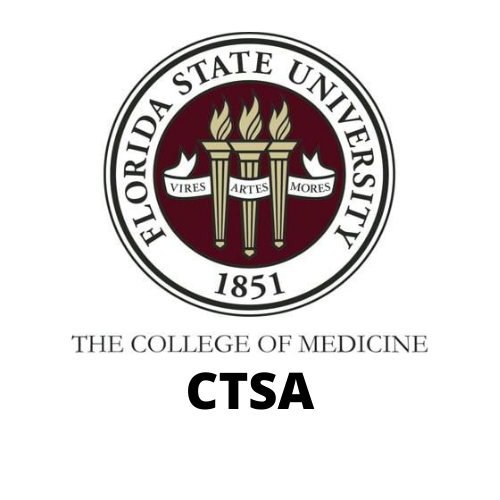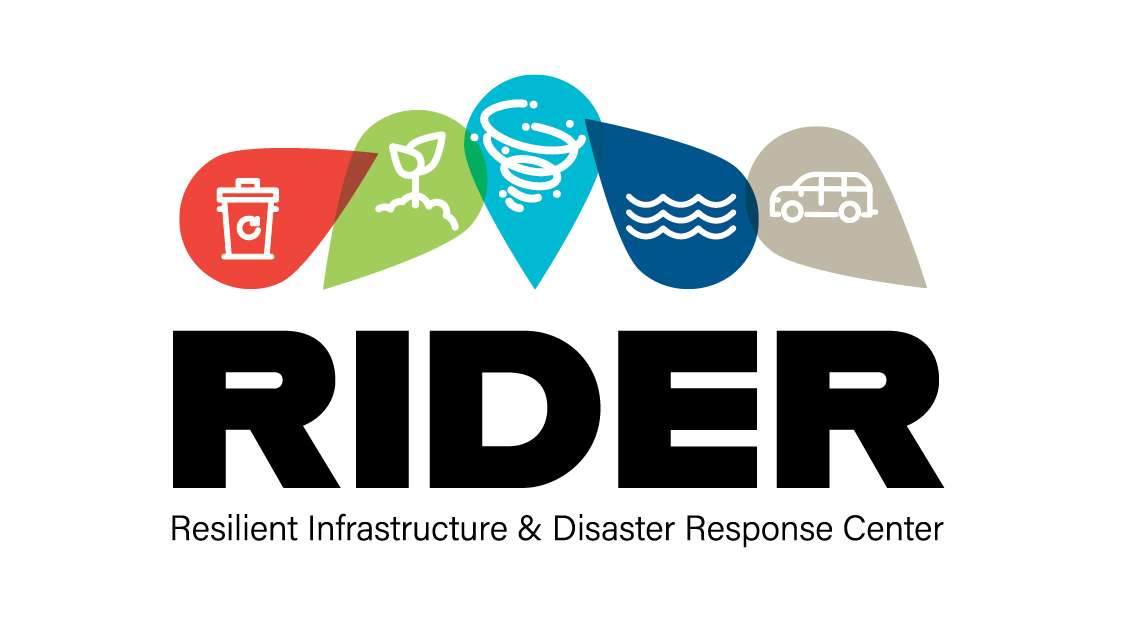Clinical and translational Science award project
ALL-INCLUSIVE HURRICANE RESILIENCE TO BRIDGE THE RESILIENCE DIVIDE FOR SPECIAL NEEDS POPULATIONS LIVING IN RURAL COMMUNITIES

A gap between urban and rural hurricane resilience became more apparent after Hurricane Michael hit the Florida Panhandle. Response and recovery processes that had worked for large Florida cities like Miami were not effective in the rural areas most impacted by Michael. Likewise, within rural communities, significant differential vulnerabilities exist between the general population from those groups with special, unique and complex needs: low-income, homeless, elderly, minorities, and those that have serious physical or mental illnesses or disabilities. In disasters, spatial, social and environmental factors interact to increase the susceptibility of these populations to harm. In the rural Panhandle, this is compounded by the lack of governmental capacity to manage across functions, coordinate with nongovernmental service providers, and provide adequate resources for the needs of a diverse community. In order to address these “resilience divides”, there is a need to better understand the factors that foster and support the efficacy of all-inclusive and equitable hurricane resilience for varying vulnerable population segments, and probe the underlying causes of disaster vulnerability in rural communities. This can be achieved by implementing living laboratories in real-life rural communities and settings, grounded in scientific exploration of the complex and nonlinear interactions among systems and through of the co-production of solutions with community leaders, residents, government, industry, and researchers.
Funded by UF-FSU Clinical and Translational Science Awards (CTSA) and FSU Office of Sponsored Research, this project aims to:
•To better understand the factors that foster and support the efficacy of all-inclusive and equitable hurricane resilience for varying vulnerable population segments.
•To understand and address the challenges and disparities in community resilience for rural special needs populations in regard to natural disasters and health crises.
•To use a participatory process and engagement with residents and stakeholders to develop community-informed research for improving individual and community resilience to future pandemics and disasters.




